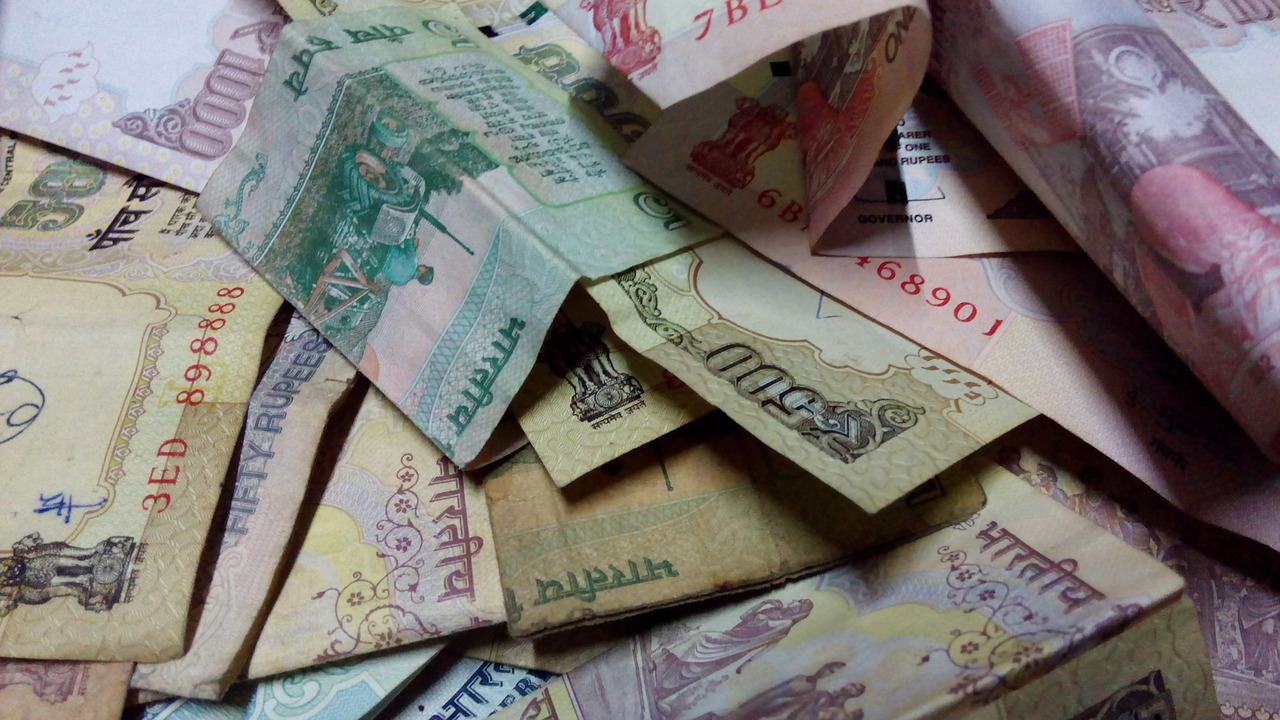Short Essay on Payment of Gratuity in India – Gratuity is post-retirement payment to the employee from the employer for his services during the employment.
It is governed by the Payment of Gratuity Act, 1972 so as to make sure that a uniform pattern of payment of gratuity is followed throughout the country.
The quantum of gratuity is paid on the basis of 15 days wages, at the rate of the last drawn wage by the employee concerned for every completed year of service or part thereof in excess of six months subject to the maximum of 15 months wages. The wage from the point of view of the payment of gratuity is basic wage and the dearness allowance together.
ADVERTISEMENTS:
The gratuity is payable to an employee on termination of his employment after he has rendered continuous service of not less than 5 years on his superannuation or on his retirement, resignation or on his death or disablement. In case of death or permanent disablement, the legal heirs of the deceased employee receive the payment.
According to the provisions under the Payment of Gratuity Act, it is the statutory duty or obligation of the employer to pay the gratuity within thirty days from the date it becomes payable. Payment of gratuity is a legal obligation. It is not salary or remuneration of any kind but is the amount an employee receives as the recognition of his contribution to the establishment.

